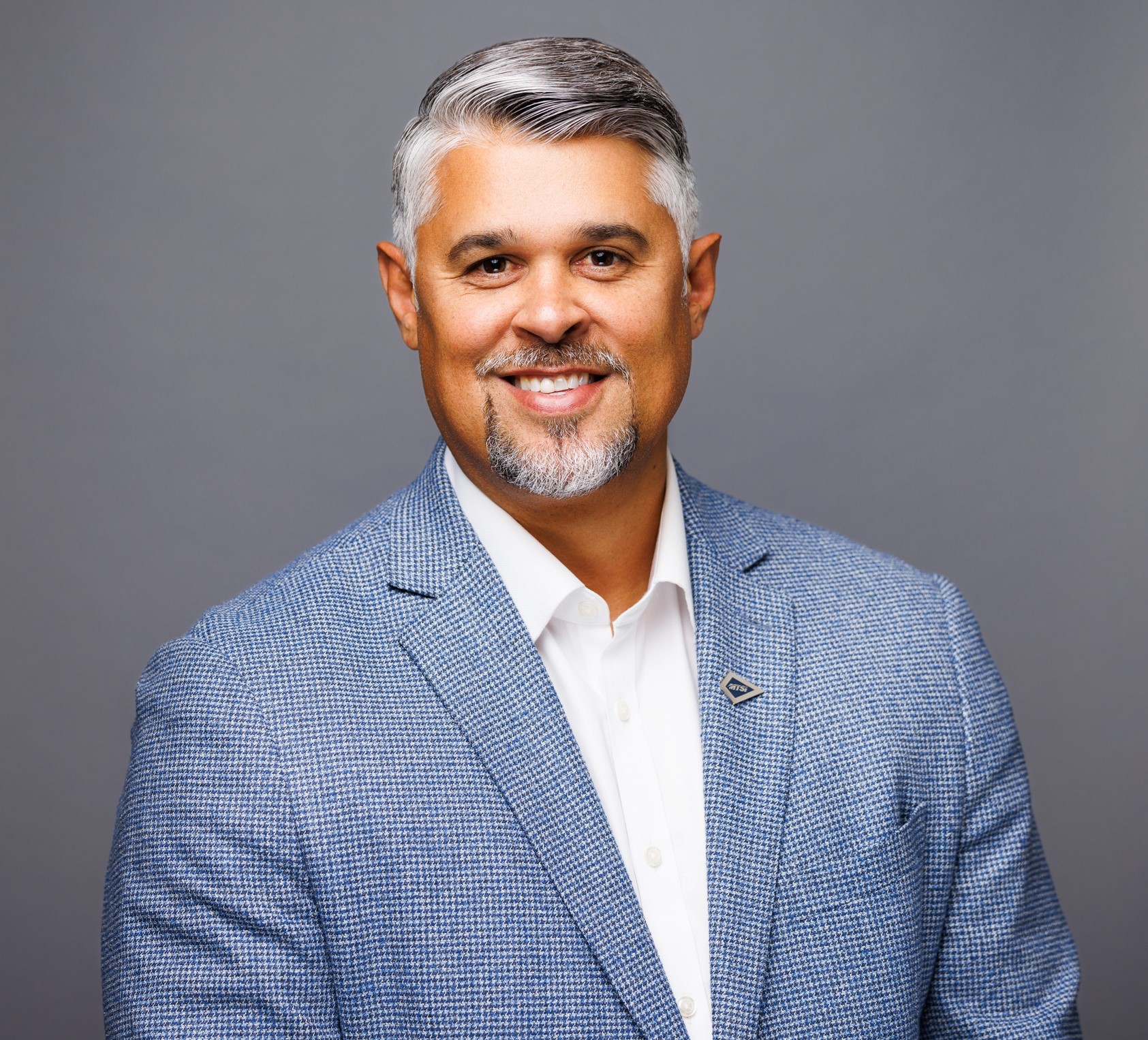
Derrick Pledger
CIO
Leidos
Executive Spotlight: Derrick Pledger, CIO of Leidos
As Chief Information Officer of Leidos, Derrick Pledger is responsible for establishing and executing the organization’s information technology strategy and leveraging technology to optimize multiple aspects of the business.
Pledger recently sat down with the Potomac Officers Club to talk about the lessons he’s gleaned from his career thus far in government contracting, the changes needed in the federal landscape and the core values behind successful teams.
Read below for Pledger’s full Executive Spotlight interview.
What do you believe are your core strengths as a leader and what lessons taught you the most about driving success?
From my perspective, the most important component of leadership is empathy. One of the things I articulate to my team daily is that I work for them, they do not work for me. It is my job to be their advocate, provide resources and set the conditions where they can be empowered to use their skills and expertise to drive outcomes. Subsequently, when they are successful, the enterprise is also successful. My strength is leveraging empathy to drive outcomes as opposed to arbitrary rewards or outdated punishment constructs based on fear or retribution.
Secondly, I encourage my team to fail every single day. If there are not failures, they are not trying hard enough (or the goals are not ambitious enough). Through failure comes the growth and lessons that are critical to drive behaviors and patterns that lead to success. My military service instilled these principles in me — the idea that the team is stronger than the parts (individuals) and creating shared ownership of mission is essential to keep teams committed.
If you were given free reign to enact changes in the federal landscape, what are the first three changes you would implement and why?
We live in a world where evolution of technologies and speed of disruption are driving organizations to be reactive as opposed to proactive. Cyber threats are becoming both more frequent and more sophisticated. We need an ‘all hands on deck’ industry and government approach to protect our nation’s national security interests.
The three things I would work to change would be:
Policy and governance — I believe there is consensus that many of the policies and governance constructs across government were not designed to keep up with the speed with which technology or geopolitical threats affect government missions/operations (for example, actions of adversaries such as Russia’s invasion of Ukraine, pandemics and tech disruptions like ChatGPT).
Government acquisition process — acquisition officers should be more empowered to procure goods and services with speed and flexibility. The current acquisition process is a bit too slow and hampers our ability to field capabilities quickly, which will be necessary in the future.
Talent and retention — the government and industry are often competing for the best and brightest minds in the STEM fields. I would love to provide more incentives to both join and stay within the government so we can build a more balanced cadre of talent across industry/government organizations. Of course, government and industry must work in concert to confront the nation’s challenges. Upskilling and driving workforce transformation across both verticals will put us in a better position to defend the nations as well as serve our citizens.
With emerging technology influencing the federal government and industry more by the day, what are some of the challenges on the business side of innovation that aren’t always discussed as often as they should be?
The acquisition process simply does not move as fast as technology evolves. This condition creates challenges for both government and industry whereas we leverage frameworks for governance that are oftentimes arcane (as it relates to new technology and innovation). A great example of this is cloud, where the government is significantly behind in terms of adoption. Much of the governance around operations and security was not necessarily designed for mission applications living in the cloud.
Another challenge I see is the rigidity in some of the hiring processes across government and industry. Oftentimes, we hire for degrees and certifications as opposed to aptitude and work ethic, which leads us to miss out on talent that helps drive innovation and adoption of new technologies that will have positive mission outcomes. Innovation is about exploiting the intersection of people, process and technology. When we fail to get the people part of this equation right, effectuating the right changes to process and technology can be elusive. People should always be at the center.

Category: Member News




